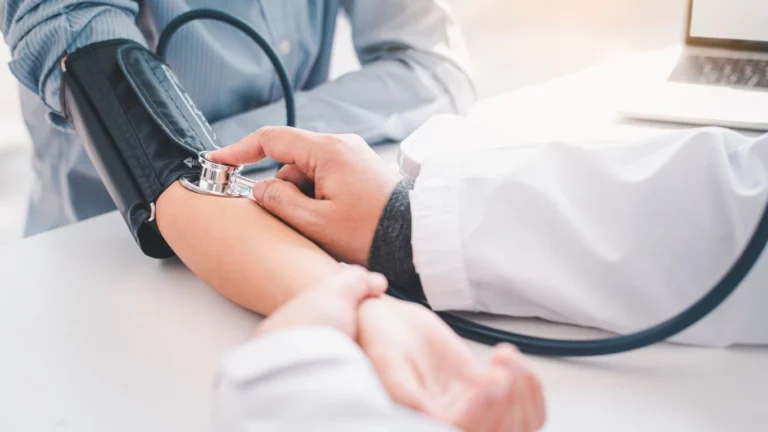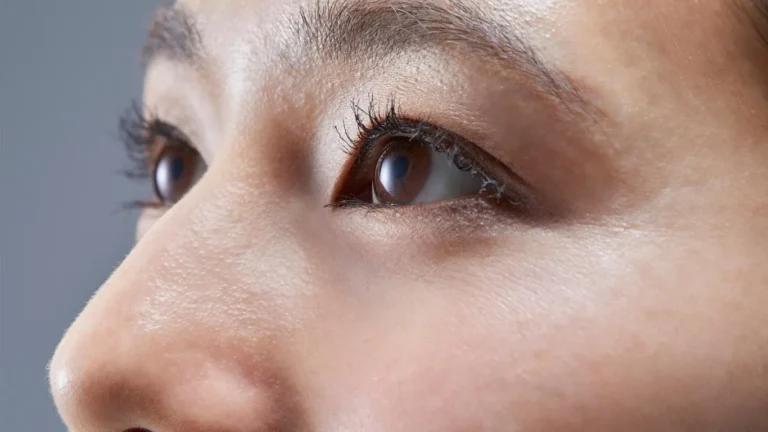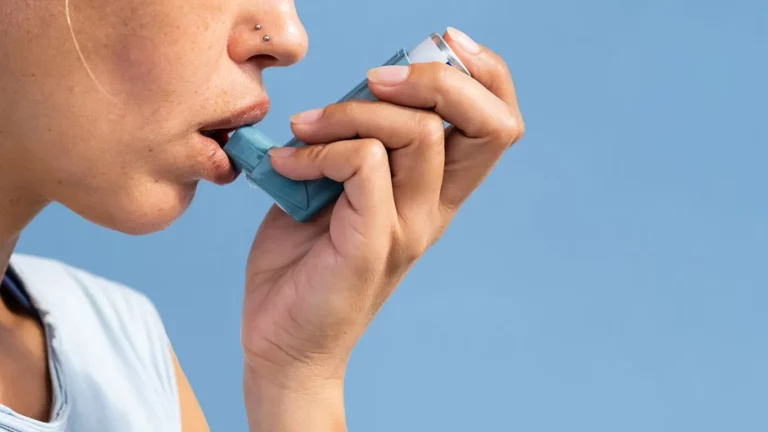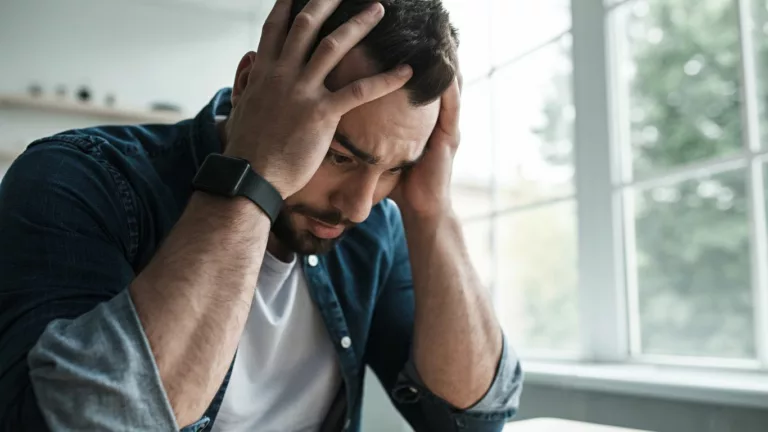Hypertension in Older Adults Management – A Comprehensive Guide
Managing hypertension in older adults requires careful attention to treatment plans, lifestyle changes, and regular monitoring. Let’s dive into the most effective strategies to keep blood pressure under control in senior citizens!
Understanding Hypertension in Older Adults
As we age, our bodies go through a lot of changes, and one of the most common is an increase in blood pressure. For older adults, hypertension can often be more difficult to manage due to the presence of other age-related conditions, such as diabetes, kidney disease, or even dementia. Blood vessels become stiffer over time, making it harder for the heart to pump blood efficiently, which can lead to elevated blood pressure. But here’s the thing: just because you’re aging doesn’t mean high blood pressure is something you have to just accept. Managing hypertension in older adults is totally possible with the right approach.
How to Manage Hypertension in Older Adults
Hypertension treatment isn’t one-size-fits-all, especially in seniors. For older adults, it’s important to combine medical treatment with healthy lifestyle choices. Below are some strategies that can help control high blood pressure:
1. Medications for Hypertension
The first step in managing hypertension is often medication. Doctors may prescribe antihypertensive drugs to help lower blood pressure. Common medications for hypertension include:
- Diuretics: These help the kidneys remove excess sodium and water, which can lower blood pressure.
- ACE Inhibitors: These relax blood vessels and reduce blood pressure.
- Calcium Channel Blockers: These prevent calcium from entering the smooth muscle of blood vessels, relaxing the blood vessels and lowering pressure.
It’s important that medications are prescribed and monitored by a healthcare provider, as older adults may have different needs or side effects than younger individuals. Also, polypharmacy (taking multiple medications) is a common concern, so healthcare providers carefully monitor any potential interactions.
2. Lifestyle Changes
Adopting a healthy lifestyle is just as important as taking medication. Here are some tips that can help manage hypertension:
- Eat a Heart-Healthy Diet: A diet rich in fruits, vegetables, whole grains, and lean proteins can help lower blood pressure. The DASH (Dietary Approaches to Stop Hypertension) diet is a great starting point, focusing on reducing sodium intake and increasing potassium.
- Exercise Regularly: Physical activity helps improve circulation and reduce stress, both of which can help control blood pressure. For older adults, low-impact activities like walking, swimming, or yoga are great options.
- Limit Alcohol and Quit Smoking: Both alcohol and smoking can increase blood pressure, so cutting back or quitting entirely can help keep hypertension in check.
- Manage Stress: Chronic stress is a big contributor to high blood pressure. Stress management techniques like deep breathing, meditation, and mindfulness can be very beneficial.
Regular Monitoring of Blood Pressure
Managing hypertension isn’t just about medications and lifestyle changes—it’s also about keeping track of how well the blood pressure is responding to treatment. Older adults should check their blood pressure regularly to ensure it stays within a healthy range. Many seniors find it useful to monitor their blood pressure at home using an automatic blood pressure cuff. Here are some tips for effective monitoring:
- Take Readings at the Same Time Each Day: Consistency is key. Try to check your blood pressure at the same time every day—morning is often a good time.
- Sit Calmly Before Measuring: Ensure you’re seated comfortably for at least five minutes before taking your blood pressure. This helps avoid inaccurate readings caused by being active.
- Track Your Results: Keep a record of your blood pressure readings to share with your healthcare provider. This can help them adjust treatment if necessary.
When to Seek Medical Attention
Sometimes, despite taking medications and making lifestyle changes, blood pressure can remain elevated or spike unexpectedly. If you experience the following symptoms, it’s essential to seek medical attention:
- Severe headache
- Vision changes
- Shortness of breath
- Chest pain
- Dizziness or lightheadedness
These could be signs that your hypertension is becoming difficult to control and may require a different treatment approach.
Appendices
References
For further reading on managing hypertension in older adults, check out these sources:
- National Institute on Aging (2023). Hypertension in Older Adults: Causes and Treatment. Read Article
- American Heart Association (2024). Managing High Blood Pressure in Seniors. Read Article
- Johnson, T., & Martin, L. (2022). Aging and Hypertension: A Review. Journal of Geriatric Health, 45(1), 56-63.
FAQs
Here are some common questions about managing hypertension in older adults:
- Can hypertension be managed without medication in older adults? Yes, lifestyle changes like diet and exercise can help control blood pressure, but many older adults will still need medication as part of their treatment plan.
- What is the target blood pressure for older adults? The ideal blood pressure target for seniors is usually below 130/80 mmHg, but individual goals may vary based on other health conditions.
- Are there any natural remedies for hypertension in seniors? Some natural remedies, such as garlic supplements or potassium-rich foods, may help lower blood pressure. However, these should be discussed with a doctor.
- How can I prevent high blood pressure in older age? Maintaining a healthy diet, exercising regularly, avoiding smoking, and managing stress can help prevent hypertension as you age.
- What should I do if my blood pressure is consistently high? If blood pressure remains high despite treatment, it’s important to follow up with your healthcare provider to adjust your treatment plan or investigate underlying causes.
Disclaimer: The information provided in this article is for educational purposes only and should not replace professional medical advice. Always consult with your healthcare provider regarding any concerns about managing hypertension. Individual treatment plans may vary.

Dr. Gwenna Aazee is a board-certified Internal Medicine Physician with a special focus on hypertension management, chronic disease prevention, and patient education. With years of experience in both clinical practice and medical writing, she’s passionate about turning evidence-based medicine into accessible, actionable advice. Through her work at Healthusias.com, Dr. Aazee empowers readers to take charge of their health with confidence and clarity. Off the clock, she enjoys deep dives into nutrition research, long walks with her rescue pup, and simplifying medical jargon one article at a time.







